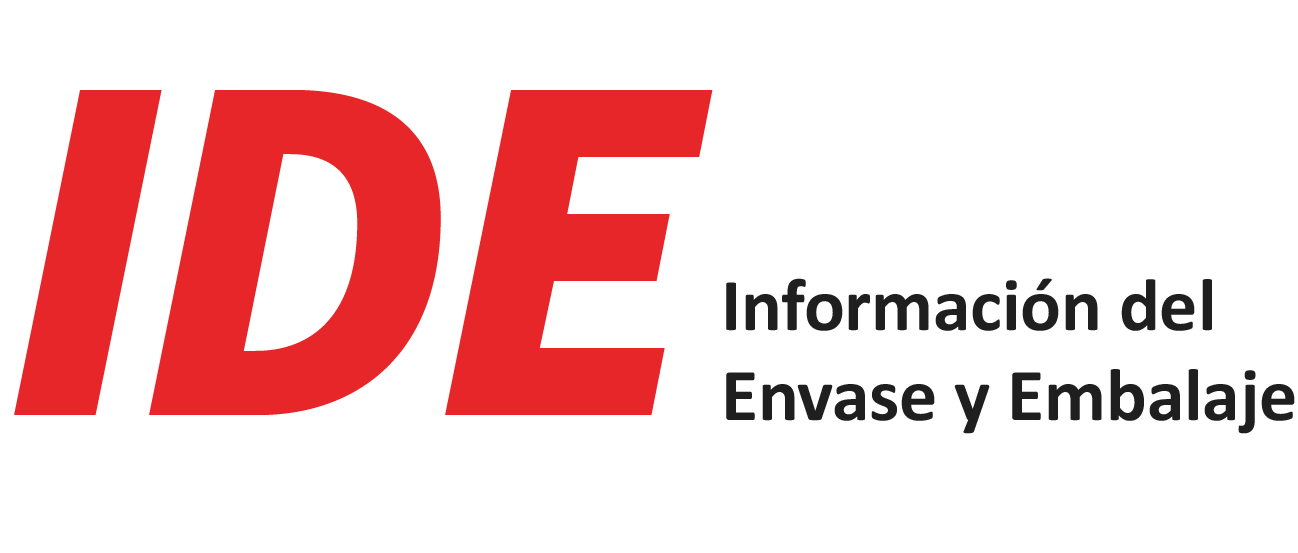European tube industry very robust in the pandemic year 2020
etma: Only a slight decrease in tube production of 0.4 percent
The European tube industry was extremely robust in 2020 despite all the difficulties and impairments on the global markets during the corona pandemic. During the crisis year 2020, the members of the European Tube Manufacturers Association (etma) achieved an impressive total production of 11.5 billion tubes made of aluminum, plastic and laminate thanks to very lively demand in the first quarter. This means that the industry is only 0.4 percent below the previous year’s level and achieves a really impressive result compared to many other branches of industry.
Etma President Dr. Fabio Gussoni is satisfied with this development: “In view of the extremely difficult economic environment and the complicated pandemic situation, our results for 2020 are really impressive. It clearly underlines the very high level of acceptance of tubes among consumers and our customers alike. Especially in times of pandemic, they were able to fully trust the convincing standards and properties of the tube in terms of hygiene and cleanliness, product protection, durability and safety.»
In addition, Dr. Gussoni points out that the etma member companies have demonstrated their high performance and enormous flexibility, especially in this extraordinary crisis situation. Despite all the odds, the industry’s supply chains have held up. The production processes thus remained largely free of disruptions, so that the deliveries to customers could be made on schedule as usual. According to Dr. Gussoni, especially this reliability of tube producers made a significant contribution to the European tube industry’s track record in 2020.
The shares of the individual tube types in total production remained almost unchanged. Aluminum tubes still make up 35 percent of all tubes delivered. With a market share of 27 percent, plastic tubes tended to be somewhat weaker. In contrast, laminate tubes, which now have a market share of 38 percent and thus lead the list of materials used for tubes in Europe, gained slightly.
On the other hand, there were somewhat larger shifts in 2020 in the most important sales markets for tubes. As etma Secretary General Gregor Spengler reports, deliveries to the volume-wise leading markets in the cosmetics sector have fallen by around 3 percent: “The pandemic in particular caused high-priced cosmetics products to suffer, because numerous sales channels and important revenue generators in the industry such as shops in city centers and at airports, cosmetic studios as well as hairdressing and beauty salons across Europe were closed for a long time. Unfortunately, this situation continued at the beginning of 2021.»
At around 1 percent, sales of dental care products fell only slightly in 2020. The crisis-proof pharmaceutical sector, the second most important sales market for the tube industry, even grew by 3 percent. In addition, according to Spengler, the tube, as particularly hygienic, consumer-friendly and easy-to-use packaging, also benefited from the strong increase in demand for hygiene and disinfection products during the pandemic.
Tubes in the food sector achieved strong gains of 12 percent. The lockdowns made people spend a lot more time at home. Factors such as increased home office and home schooling also had an impact here. The food sector benefited from the fact that considerably more meals were prepared and consumed at home, aided by the closings of restaurants and pubs. And tubes were also successful in the household and do-it-yourself sector, with an increase of 14 percent.
The tube industry is concerned about the lack of availability of plastic recyclates and the force majeure cases for PP and PE-HD that have been declared by some plastic manufacturers in recent weeks. These developments could noticeably boost costs in the tube industry.
The further development of the European tube industry in 2021 is very difficult to forecast. At the moment, the industry is still observing a noticeable reluctance of customers due to the still very tense and uncertain pandemic situation. Inventories are being reduced and new projects are approached rather hesitantly. In addition, the customers’ ever shorter planning horizons represent an additional challenge for the industry. The overall result in 2021 will certainly also be influenced by the question whether summer tourism can take place this year, as cosmetics, skin and sun care products should benefit from it.
Overall, with all due caution, the etma members are expecting a sustained recovery in demand as of autumn 2021. In this context, a swift and optimized vaccination campaign in Europe and the successful control of new virus mutations would be helpful.













